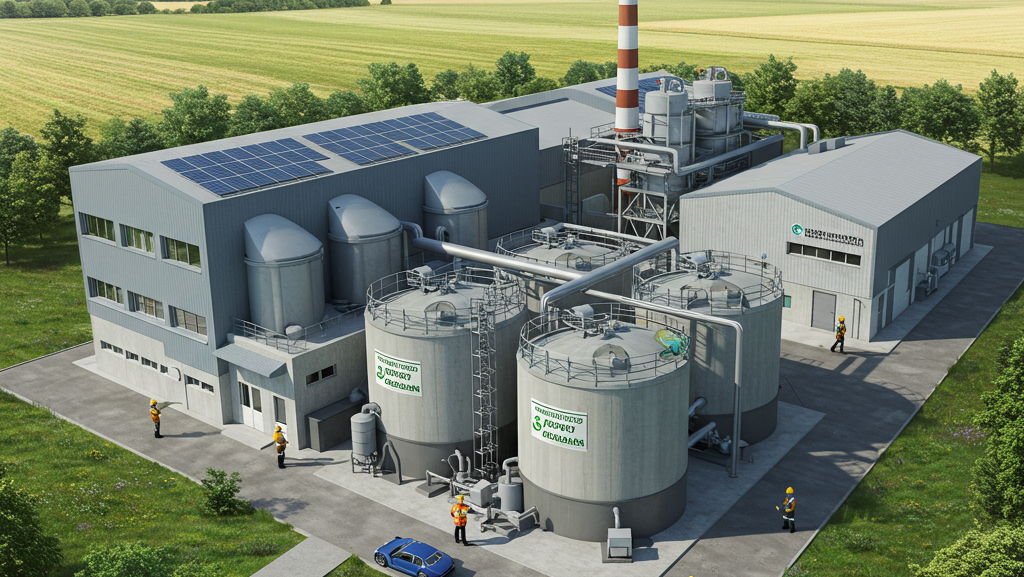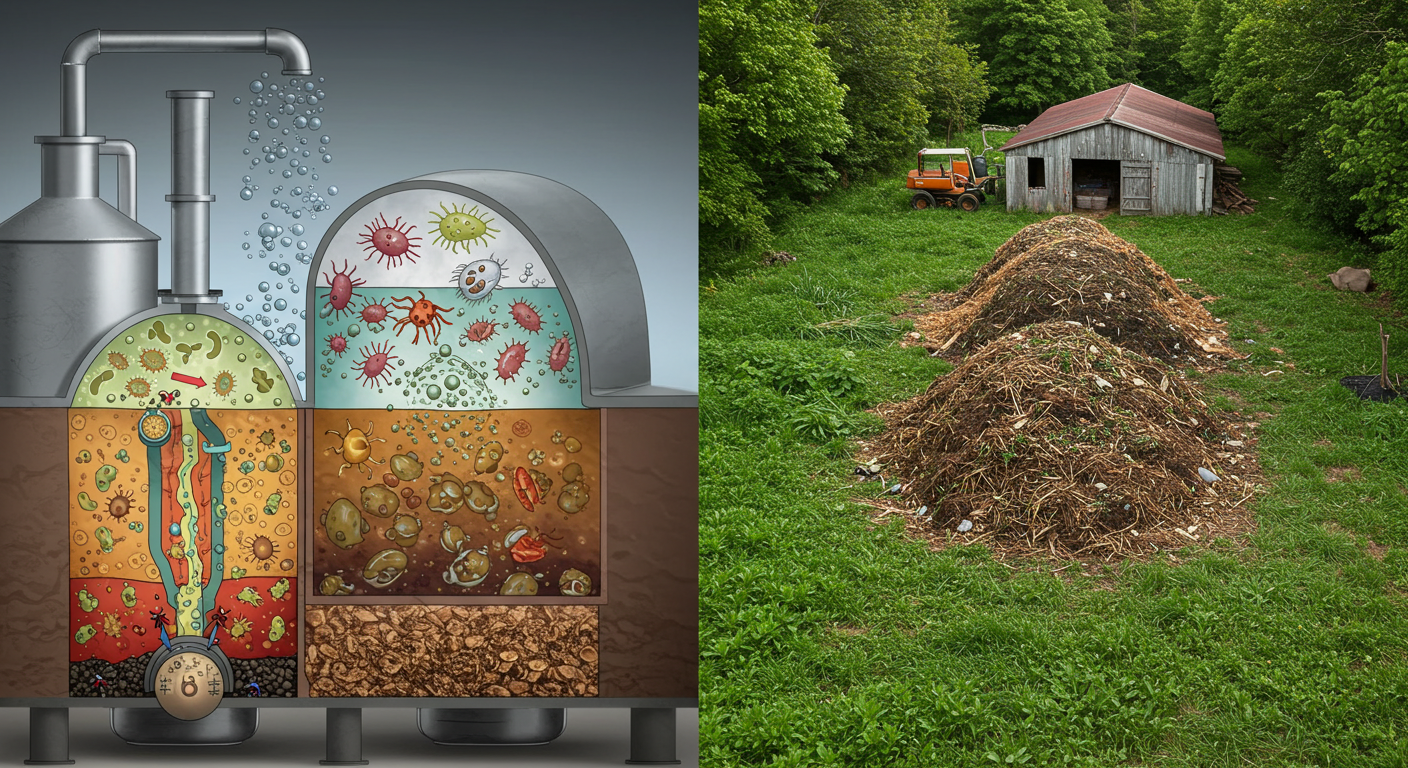Understanding the Importance of Greenhouse Gas Mitigation
Climate change is one of the most pressing challenges of our time, and the agricultural sector plays a critical role in addressing this issue. Farms are significant contributors to greenhouse gas emissions, which can have lasting impacts on our environment. Therefore, implementing effective greenhouse gas mitigation strategies on farms is essential for sustainable agriculture and the preservation of our planet.
Recent Advances in Mitigation Technologies
Recent technological advancements have provided farmers with innovative tools to reduce their carbon footprint. This includes the use of precision agriculture, which optimizes the application of inputs such as fertilizers and water. By reducing excess application, farms can significantly lower nitrous oxide emissions, a potent greenhouse gas. Moreover, the adoption of renewable energy sources, such as solar and wind, allows farms to decrease reliance on fossil fuels.
Practices for Sustainable Farming
In addition to technology, sustainable farming practices can play a pivotal role in greenhouse gas mitigation. Strategies such as crop rotation and agroforestry not only enhance soil health but also improve carbon sequestration. Cover cropping is another beneficial practice that reduces soil erosion and captures atmospheric carbon, reinforcing the resilience of agricultural systems. By integrating these practices, farms can adapt to changing climate conditions while actively contributing to greenhouse gas mitigation.
In summary, advancements in technology and sustainable practices illustrate a promising path forward in our efforts to mitigate greenhouse gas emissions from farms. By embracing these innovations, the agricultural sector can be at the forefront of climate action, ensuring a more sustainable and productive future.





